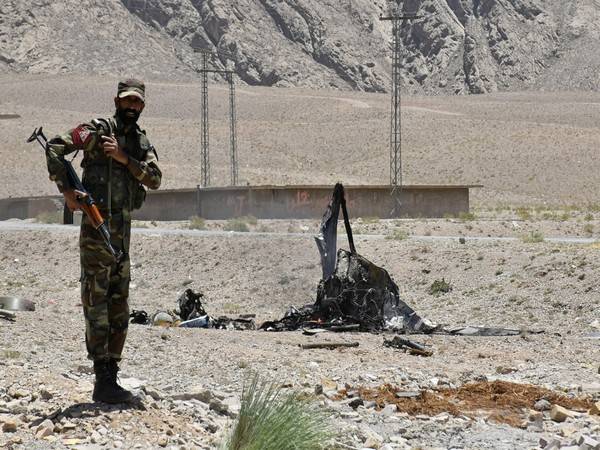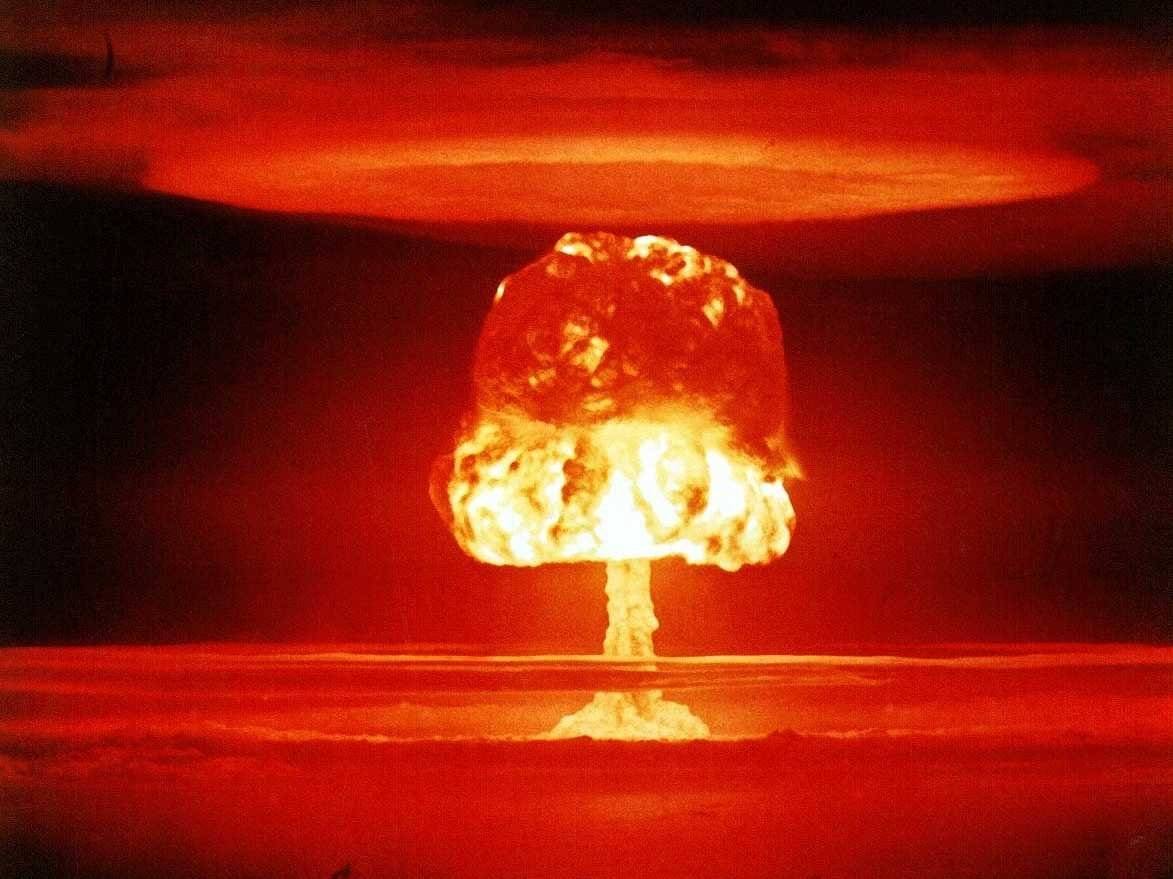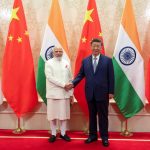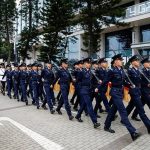This is evident in the J-20 “Mighty Dragon” fighter, which was almost certainly based on stolen designs from the United States Air Force’s Lockheed Martin F-22 Raptor….reports Asian Lite News
The resemblance between Chinese J-20 fighter planes and Lockheed Martin F-35 Lightning II Joint Strike Fighter is “awfully similar”.
Peter Suciu, writing in The National Interest, said that there is no denying that Beijing has taken it to heart especially where military hardware is involved. In the spring of 2019, the Pentagon accused China of using “cyber theft” and other methods to bolster its military.
In 2007 Lockheed Martin had found that Chinese hackers had been stealing technical documents related to the F-35 program, while a similar theft occurred when hackers working for Beijing breached a network of an Australian F-35 sub-contractor, the Asia Times reported.
Based on those breaches, it seems likely that the Chinese had acquired crucial information and technical data that has been utilised in the production of the J-20. Also, the J-20’s development began in earnest only after the F-22 was unveiled, says Suciu.
This is evident in the J-20 “Mighty Dragon” fighter, which was almost certainly based on stolen designs from the United States Air Force’s Lockheed Martin F-22 Raptor, reported The National Interest.
As Business Insider had previously reported, the appearance and profile of the aircraft are far from the only similarities between the two fifth-generation fighters.
Moreover, not only the Chinese fighter merely resembled the F-22, its sensor system too is close in design to the Lockheed Martin Electro-Optical Targeting System found on the Lightning II that suggests espionage played some role in the Mighty Dragon’s development, says Suciu.
China’s efforts to build a world-class military certainly have not come just from domestic research and development (R&D) efforts, but rather from stealing from foreign powers.
Even Russia has expressed frustration that China has so brazenly “borrowed” technological innovations as Beijing rolls out ever more advanced military hardware, reported The National Interest.
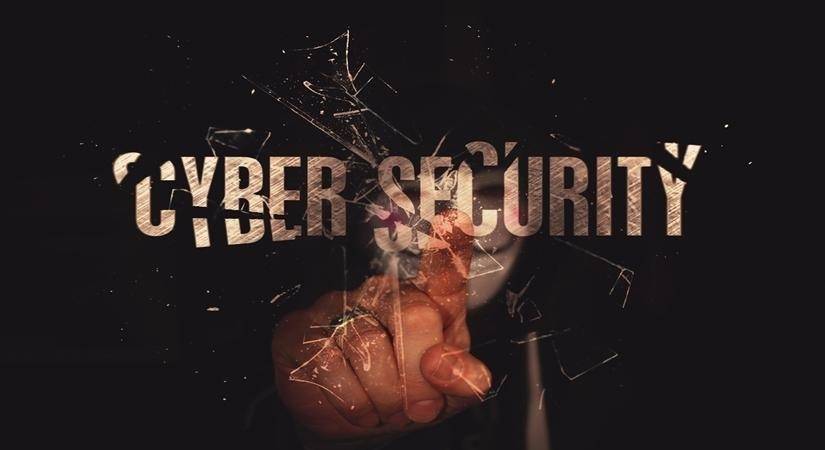
CCP expels former internet censor
Chinese Communist Party on Tuesday informed that a former top Chinese internet censor Peng Bo has been expelled from the party accusing him of ‘disloyalty’.
The Central Commission for Discipline Inspection accused Peng of ‘disloyalty’ to the party and failing to supervise the internet industry when he was the Deputy Chief of the Cyberspace Administration of China, The Star reported.
“Investigations have found that Peng Bo has lost his faith and was disloyal to the party,” the commission said in a statement.
“He strayed from the decisions and plans laid down by the Party Central about the propaganda struggle over the internet, the statement said.
Meanwhile, Bo has also been accused of misusing his authority for his personal gain, sought benefits from internet companies, resisted investigations by the party and engaged in superstitious activities.
A few months ago, China’s internet regulator had overseen the deletion of more than 2 million posts containing “harmful” discussion of history, amid preparations to mark the Chinese Communist Party’s (CCP) 100th anniversary in July.
Earlier, the Cybersecurity Administration of China’s website invites people to report posts that “distort” the history of the party, or China since the party’s rule began in 1949. Other criteria given include “attacks on the party leadership”, “slandering heroes” and vilification of traditional Chinese culture.
In February, Chinese President Xi Jinping said that the campaign to educate members and the public about China’s history will cover party history since its 1921 origins, but focus heavily on “historic successes” achieved since 2012, when Xi became the CCP’s leader. (ANI)






